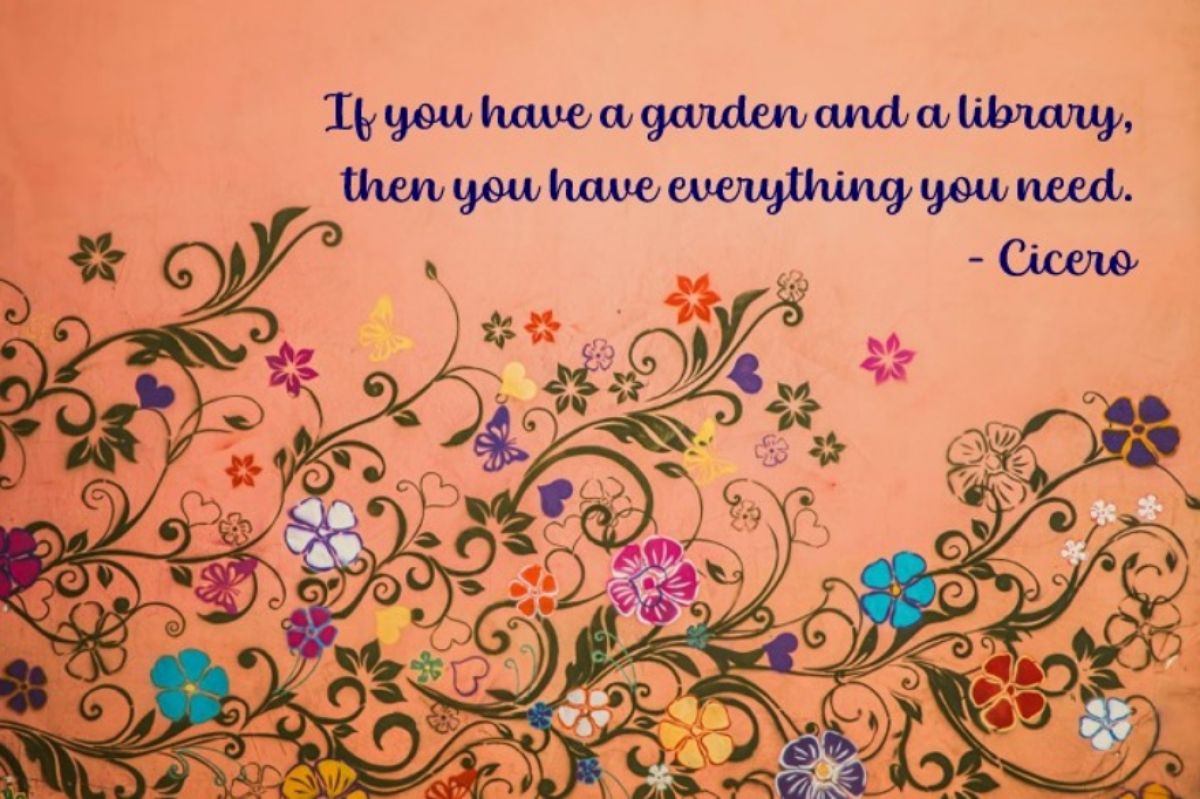Mohammad said that flowers are food for the soul. While not essential, they have the power to make our lives joyous, and that in itself is a miracle.
We learn many lessons in our flower gardens: to forget for a while about nagging problems, to appreciate small miracles, and a deep respect for nature. The hours that we spend in our gardens are precious and the flowers that bloom for us there are a balm that can soothe many sorrows.
We learn to respect the overarching harmony of creation, the diversity of living things, and biological processes and the astounding interactions that occur in the plant world. We learn not only about living things but also about death, as some plants will succumb despite our best efforts.
Therefore, we learn resilience to accept the inevitability of death's presence in the midst of life. We learn to restrict over-exuberance when we have to thin the black-eyed Susans, for example, so more delicate plants can also prosper. Our flower gardens teach us many valuable lessons.
This is Moya Andrews, and today we focused on how flowers teach.










